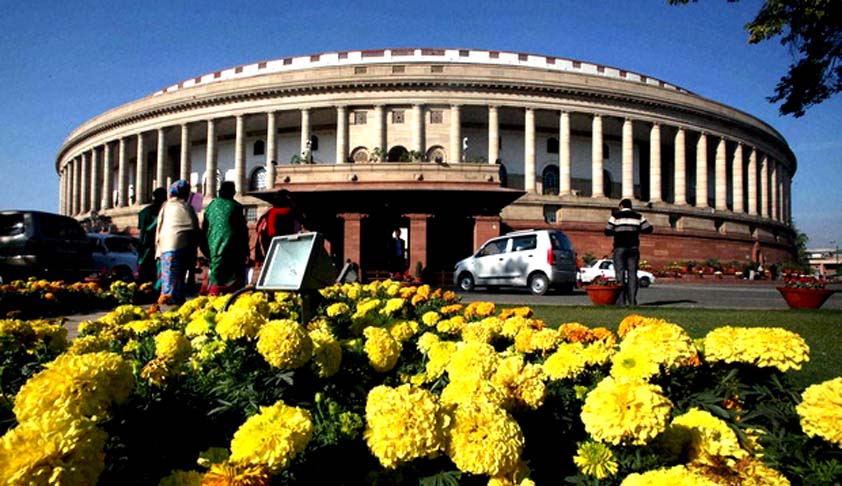- Home
- /
- Cover Story
- /
- Winter Session of the Parliament:...
Winter Session of the Parliament: Snapshot of the Legislative Agenda
Apoorva Mandhani
26 Nov 2015 4:22 PM IST
The winter session of the Indian Parliament begins today. The legislative agenda includes 19 Bills currently pending in Parliament for consideration and passage. 14 new Bills are proposed to be introduced. Out of these one will also be taken up for consideration and passing.Two Bills will be withdrawn. These are The Drugs and Cosmetics (Amendment) Bill, 2013 and The Atomic Energy...
Next Story



